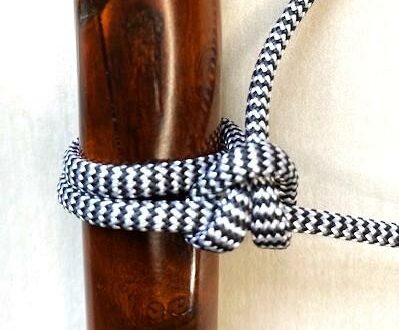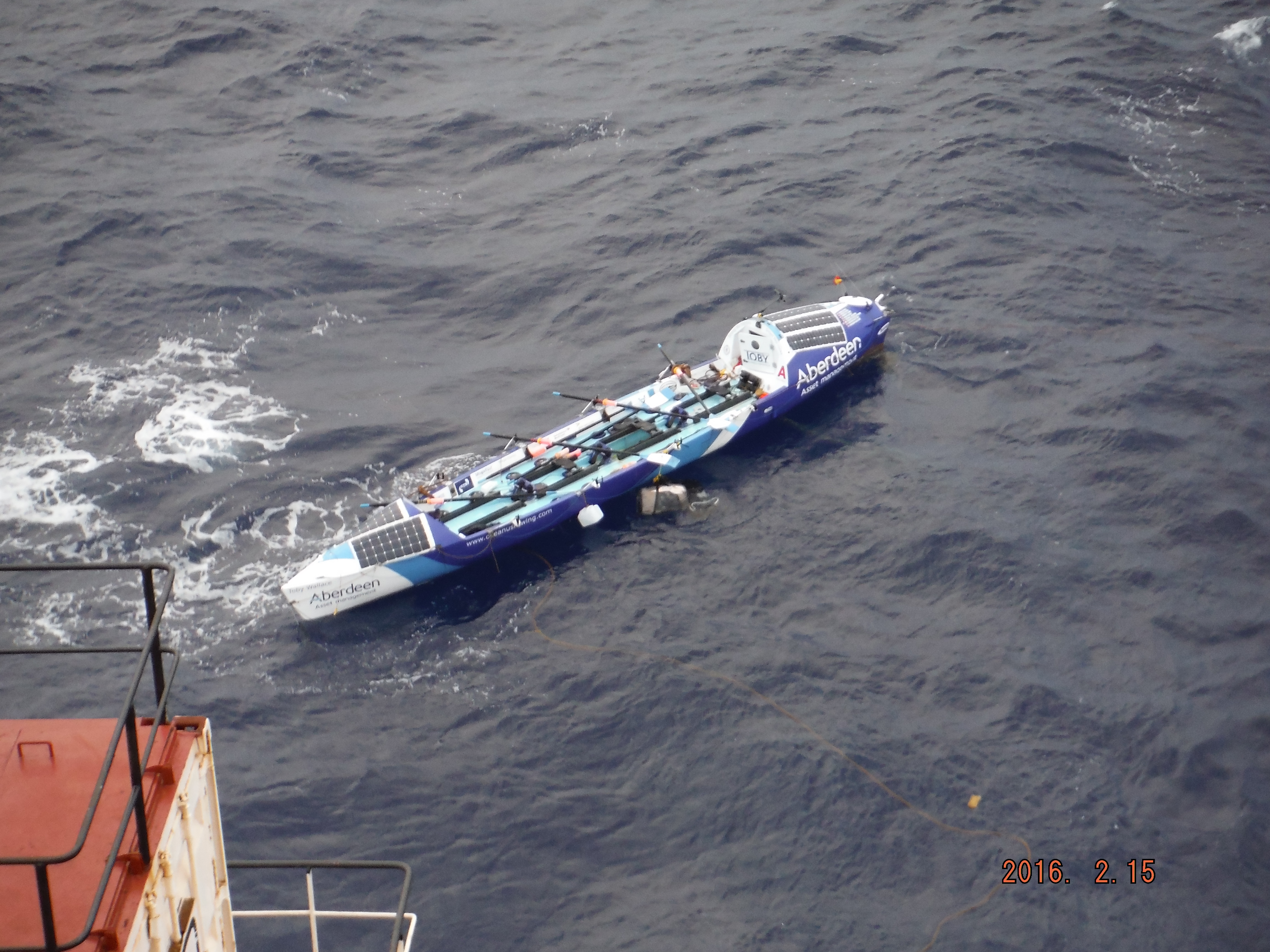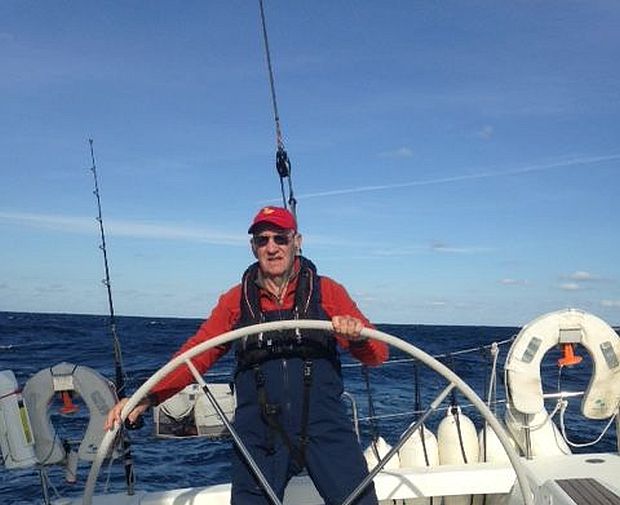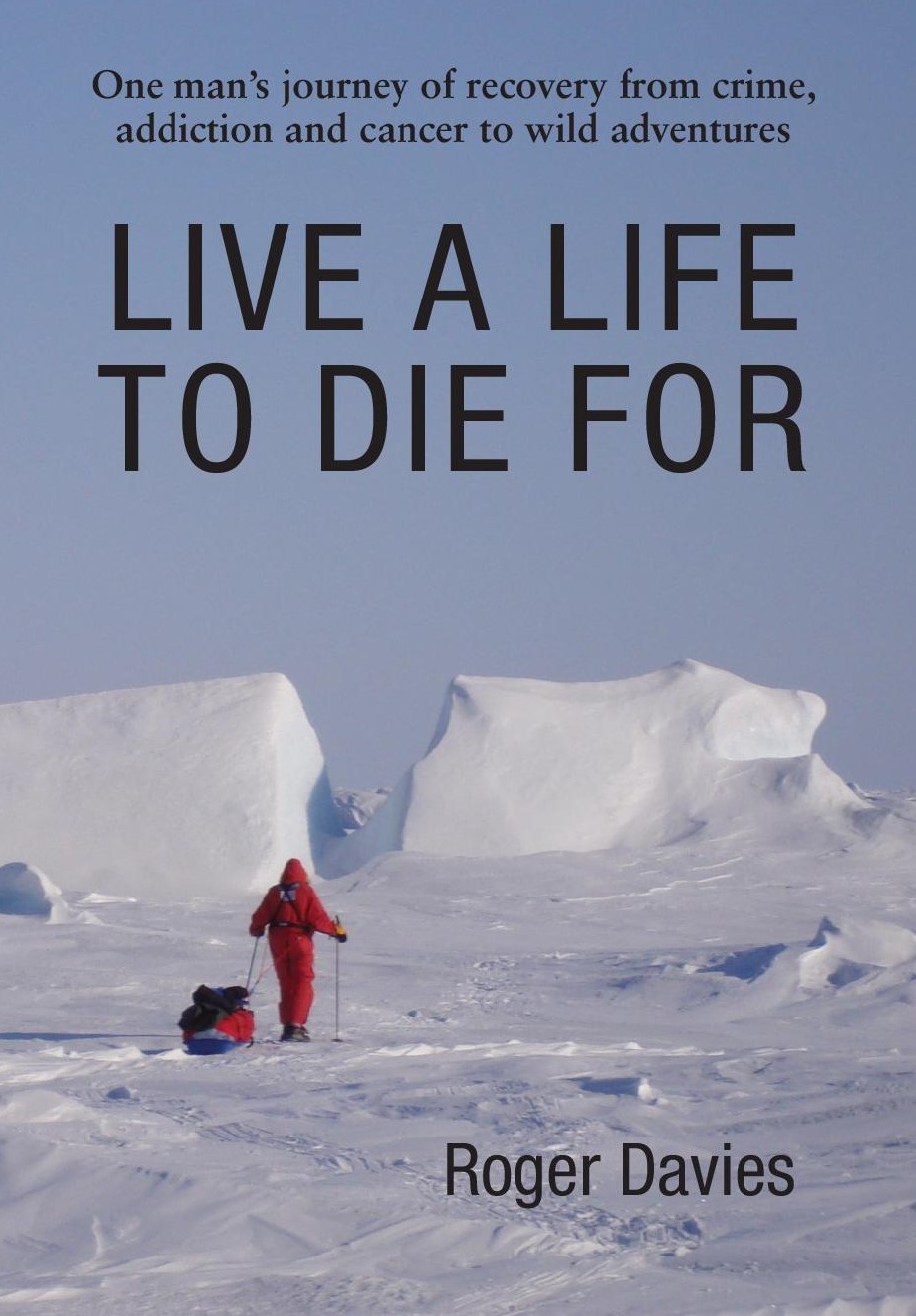Mental Resilience : A Powerful Tool in Recovery
Mental resilience refers to our ability to adapt and bounce back when faced with stress, challenges or adversity. I’ve learned that discipline-building exercises, like taking cold showers or holding a plank pose, can have a surprisingly powerful impact on my resilience, especially as I work through my own recovery. Whether I’m facing addiction, mental health challenges, or overcoming physical injury, these small acts of controlled discomfort play a key role in helping me grow stronger.
When I expose myself to manageable, short-term stress, like standing under freezing water, wild water swimming or pushing my body to stay steady in a tough pose; I’m training myself to confront discomfort head-on instead of avoiding it. Each time I choose to endure that stress, I prove to myself that I’m capable of facing difficult moments. Over time, that mindset carries over to the bigger challenges in my recovery, reminding me that I have the strength to persevere, one moment of discomfort at a time.
Over time, your mind becomes better at recognizing that discomfort is temporary. This helps you respond calmly to other stressful situations in life.
Building Discipline & Self-Control
Overcoming the “quit” reflex: hitting the ‘wall’ in a marathon, mid-cold shower or holding a forearm plank for another few seconds, your mind often urges you to stop. Training yourself to push past this reflex helps reinforce the ‘head’ that you can do hard and uncomfortable things.
I’ve discovered that consistency is the cornerstone of real progress. When I commit to a daily challenge , like taking a cold shower, my discipline grows stronger, flowing into every aspect of my life. This daily practice not only strengthens healthy habits, but it also reinforces the foundation of my recovery, helping me stay focused, resilient, and on the right path.
The Mind & Body Connection
Physical resilience equals mental resilience:
Physical challenges can be an excellent laboratory for mental resilience. The moment you want to give up , due to muscle burn, the shock of cold, or oxygen debt in exercise, is a powerful place to build mental toughness.
Pushing yourself physically helps you become more aware of your body’s signals like breathing rate, tension and pain. This awareness translates into improved self-regulation skills in daily life.
I’ve learned that “mind over matter” isn’t just a cliché, it’s a powerful truth. When I build mental resilience, I discover I can push my body further than I ever thought possible, surprising myself with new levels of strength and endurance.
Small wins add up each time you succeed, whether you last 10 more seconds in a plank or finish a 3-minute cold shower, you experience a small “win.” These successes contribute to feelings of self-efficacy and add momentum in your recovery.
Shifting to a positive mindset: Recognizing your ability to endure discomfort builds mental confidence, reinforcing your resilience to face other challenges. This optimism helps break cycles of self-doubt and negative self-talk.
Physiological benefits: Both cold exposure and exercise can release endorphins and stimulate blood flow. Endorphins are “feel-good” chemicals in the brain, which can boost your mood.
Breathing control: When you endure a cold shower or a challenging plank, you often focus on your breathing to remain composed. Learning to calm your breath under stress is a valuable tool for anxiety reduction and emotional regulation.
Cultivation of Mindfulness
I’ve learned that challenging physical activities naturally draw my attention into the present moment. When my body demands focus, whether I’m doing cold therapy or pushing through a strength hold I find it easier to stay in the “now” instead of getting lost in past regrets or future worries. This deliberate practice of mindfulness strengthens my mental clarity, emotional balance, and overall well-being.
By exposing myself to controlled stress in these mindful moments, I train my mind to handle discomfort more gracefully. This helps break cycles of rumination or anxiety, which are especially common in recovery. Over time, the clarity I develop under stress carries over into my daily life, guiding my decision-making and deepening my self-reflection.
As I consistently practice mindfulness, I gain a greater sense of control over my thoughts and reactions. This allows me to approach challenges with more resilience, reduces stress, and improves the quality of my life in meaningful ways.
I want to tell you more about my extraordinary journey..



